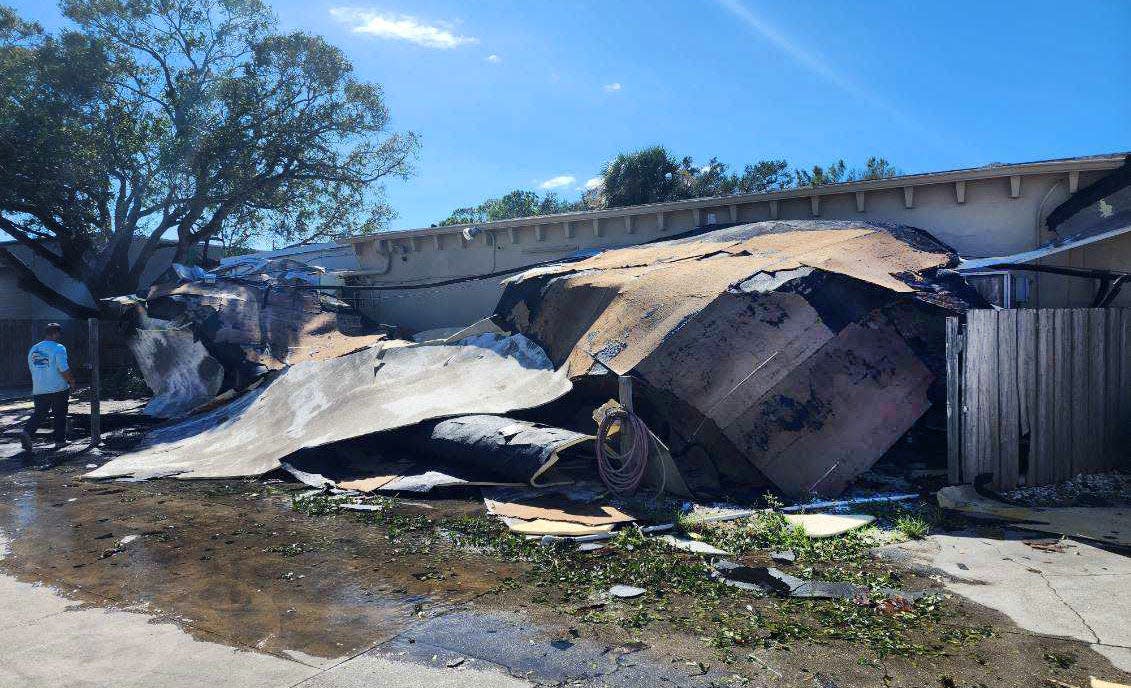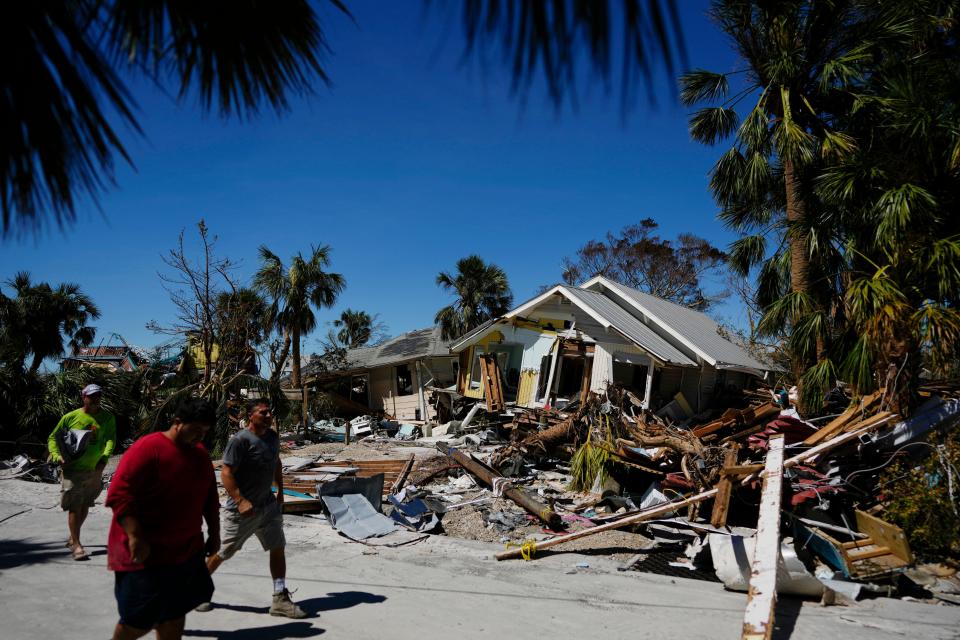When will Florida homeowners' insurance costs drop? No answer from state commissioner

When Gov. Ron DeSantis signed into law a host of industry sweeteners and restrictions on customers suing insurance companies last December, lawmakers said they hoped rates would come down in a year to 18 months.
But Wednesday, Florida Insurance Commissioner Michael Yaworsky refused to be locked into that time-frame.
“What would have happened to Florida’s market had those changes not been made? I think it would’ve been absolutely devastating for Florida’s insurance market,” Yaworsky told the House Insurance and Banking subcommittee.
Floridians are paying on average the highest property insurance premiums in the nation – about $6,000-a-year. That’s 42% higher than last year and triple the cost of what it was when DeSantis took office in 2019, according to the industry-backed Insurance Information Institute.
No dates for improvement promised, anymore
House members let Yaworsky sidestep putting a date on when progress might be seen. Still, several said that how to deal with the skyrocketing costs of property insurance is the top question they get from voters in their districts.
“I get a ton of calls,” said Rep. Tom Fabricio, R-Miami Lakes. “I’ve definitely talked to a lot of constituents. And the Number 1 question is, `What are you going to do to help bring down or balance premiums in Florida?’”
Rep. Marie Paule Woodson, D-Hollywood, also tried to get Yaworsky to crawl out on the limb the Legislature’s Republican leaders created last year with their year-to-18 months forecast.
“Do you have an estimated time as to when we can tell (homeowners) they can start getting some relief?” Woodson asked.

Industry got what it wanted Florida lawmakers end property insurance session with 'hope' rates may fall
Lawsuits beat deadline Fear of new limits prompts flood of lawsuits before DeSantis signed restrictions into law
Yaworsky, who’s only be in his post since March, demurred.
“I think everyone last year... understood there was no instant lever that could both improve the market for the short-term and the long-term,” Yaworsky said. “So, the changes made last year, everyone knew were going to take time for the consumers to see results.”
Some promising signs within industry
Yaworsky, though, said the industry is showing some promising signs, which he called “good news” for Floridians.
Five new companies have been approved by the state to write policies in Florida, a potential influx of competition that could help push down homeowners’ rates, he said.
The large national carriers, who Yaworsky dubs the “Super Bowl companies,” because of their near-constant advertising on major TV events, pledge they are committed to Florida. But he acknowledged it’s uncertain what that means in the short-term.
Citizens Property Insurance Corp., the state-backed insurer of last resort for homeowners, has 1.4 million customers, triple the number it had when DeSantis took office. But Yaworsky told House members that private carriers soon could take almost 650,000 policies out of Citizens, if approved by state regulators.
Such moves are signs of an increasingly “healthy market,” he said.
A deep insurance hole
But Florida is trying to dig out of a deep insurance hole.
Nine insurers in Florida went out of business in the past three years and another three companies are in the process of leaving the state. More than a dozen others have stopped writing new homeowners’ policies in Florida.
Rising home values, higher prices for fuel, labor and construction, supply chain problems and increased costs of reinsurance – the financial backing insurers rely on – has combined to assure rates will continue to stay high, many industry experts have said.
A crush of thousands of more insurance lawsuits also were filed in March across Florida to beat the deadline on even tougher litigation limits DeSantis signed then as a follow-up to the December restrictions.
While shielding insurers from lawsuits is expected to improve the market, those spring lawsuits still have companies on edge, analysts say.
Rep. Joel Rudman, R-Navarre, a doctor, drew an analogy to how his profession was reeling from the cost of medical malpractice insurance in the late 1990s. Lawmakers subsequently enacted measures aimed at reducing lawsuit risks and insurers responded, Rudman said.
“Those changes benefited me. But they didn’t benefit me in six months. They didn’t benefit me in one year,” Rudman said. “They benefited me in about four or five years. Now, my malpractice premium is not even the biggest bill I pay out of my expenditures.”
Yaworksky said, “I think that’s a great analogy.”
John Kennedy is part of USA TODAY Network’s Florida Capital Bureau. He can be reached at jkennedy2@gannett.com, or on Twitter at @JKennedyReport.
This article originally appeared on Tallahassee Democrat: Florida Insurance commissioner: No quick relief in sight for homeowners

